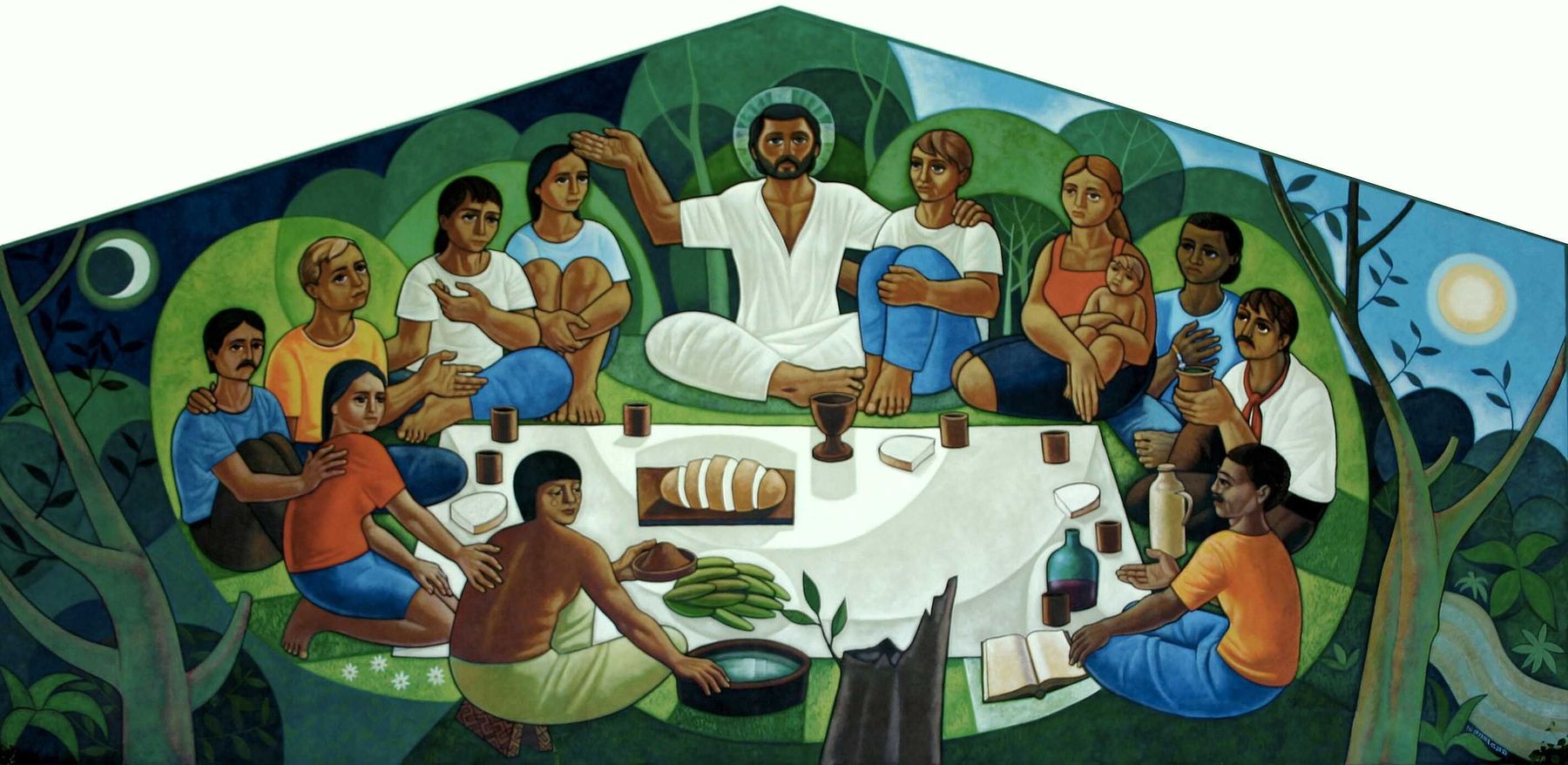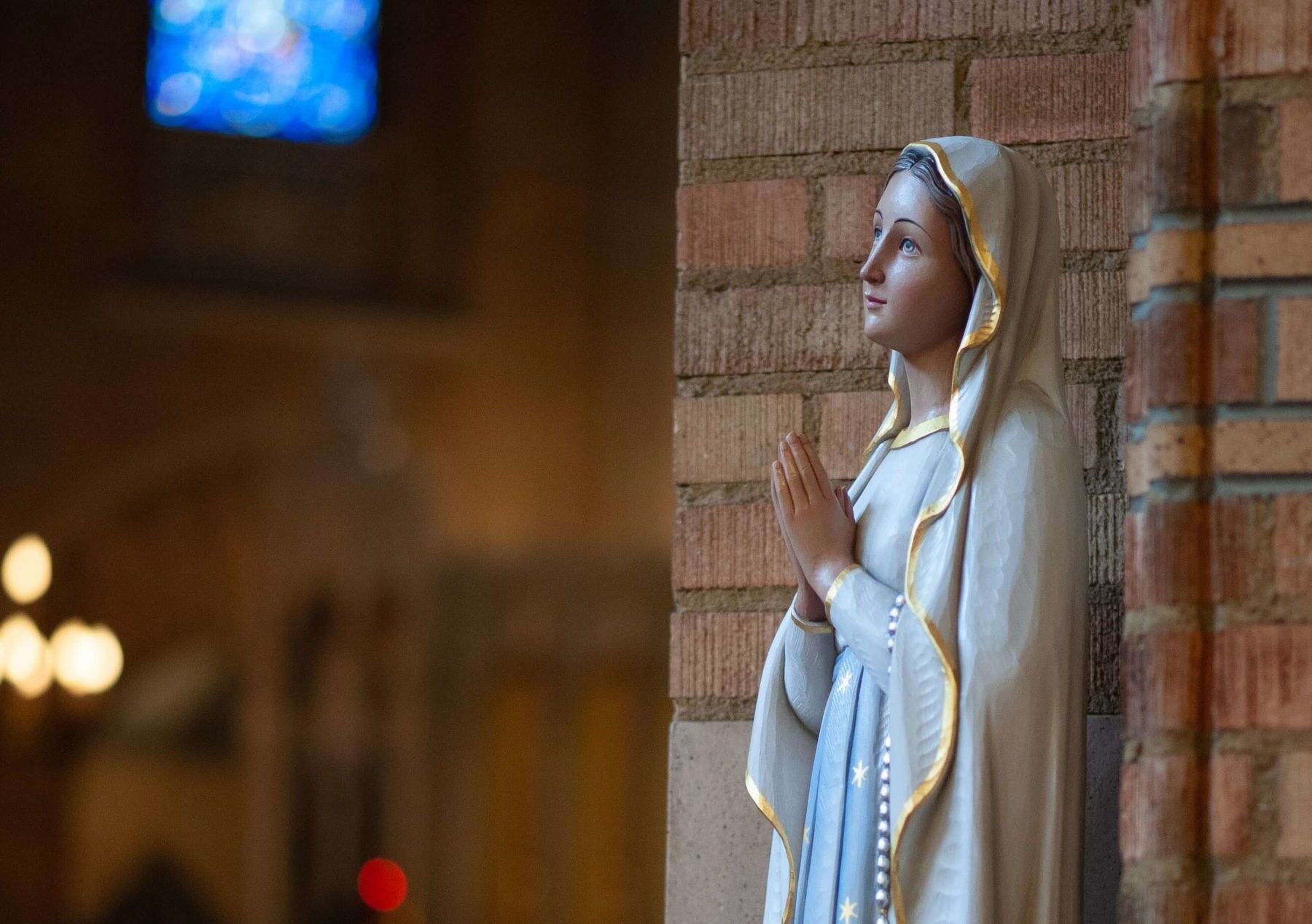
Liberation theology is a movement that combines Christian principles with political activism, often focusing on social justice, poverty, and human rights. Originating in Latin America during the 1950s and 1960s, it seeks to address the systemic inequalities faced by marginalized communities. Liberation theologians argue that the Church should be actively involved in the struggle for social change, advocating for the poor and oppressed. This theology emphasizes the importance of "preferential option for the poor," meaning that the needs of the impoverished should take priority in Christian teachings and actions. Critics argue that it leans too heavily on Marxist ideas, but supporters believe it aligns closely with the teachings of Jesus. Understanding liberation theology offers insight into how faith can intersect with social justice efforts, making it a compelling topic for both religious and secular audiences.
What is Liberation Theology?
Liberation theology is a movement within Christian theology that emphasizes social concern for the poor and political liberation for oppressed peoples. Originating in Latin America in the 20th century, it has influenced various social justice movements worldwide.
- Liberation theology emerged in the 1960s and 1970s in Latin America.
- It was heavily influenced by Marxist ideas, particularly the focus on class struggle.
- Gustavo Gutiérrez, a Peruvian priest, is often credited as the father of liberation theology.
- The movement gained momentum after the Second Vatican Council (1962-1965), which encouraged the Church to engage more with social issues.
- Liberation theology emphasizes the concept of the "preferential option for the poor," meaning that the needs of the poor should be prioritized.
Key Figures in Liberation Theology
Several theologians and activists have played crucial roles in shaping and spreading liberation theology. Their contributions have left a lasting impact on both religious and secular communities.
- Gustavo Gutiérrez wrote "A Theology of Liberation," a foundational text for the movement.
- Leonardo Boff, a Brazilian theologian, has been a prominent advocate for liberation theology.
- Óscar Romero, the Archbishop of San Salvador, became a martyr for the cause after being assassinated in 1980.
- Jon Sobrino, a Jesuit priest, has written extensively on the subject, focusing on the suffering of the poor.
- Paulo Freire, though not a theologian, influenced liberation theology with his educational theories on critical pedagogy.
Core Principles of Liberation Theology
The movement is built on several core principles that guide its approach to theology and social action. These principles aim to create a more just and equitable society.
- Liberation theology stresses the importance of praxis, or action informed by theory.
- It advocates for the liberation of oppressed peoples, not just spiritual salvation.
- The movement calls for a reinterpretation of the Bible from the perspective of the poor.
- It encourages Christians to engage in social and political activism.
- Liberation theology promotes the idea that the Kingdom of God is both a present and future reality.
Criticisms and Controversies
Like any significant movement, liberation theology has faced its share of criticisms and controversies. These debates have shaped its development and reception.
- Some critics argue that liberation theology is too closely aligned with Marxism.
- The Vatican has expressed concerns about the movement, particularly under Pope John Paul II.
- Critics claim that it politicizes religion, diverting focus from spiritual matters.
- Some theologians argue that it oversimplifies complex social issues.
- Despite criticisms, liberation theology has inspired various social justice movements globally.
Liberation Theology in Practice
The principles of liberation theology have been applied in various contexts, leading to tangible social and political changes. These real-world applications demonstrate its impact.
- Base Ecclesial Communities (CEBs) in Latin America are small Christian groups that practice liberation theology.
- The movement has influenced the development of Black Liberation Theology in the United States.
- It has also inspired feminist theology, focusing on the liberation of women.
- Liberation theology has played a role in various social justice initiatives, including land reform and workers' rights.
- The movement continues to inspire activists and theologians worldwide, advocating for a more just and equitable society.
The Impact of Liberation Theology
Liberation theology has left a lasting mark on both religious thought and social activism. By focusing on the struggles of the oppressed, it has inspired countless movements for justice and equality. This theology challenges traditional views, urging believers to take action against injustice and poverty. Its emphasis on community involvement and grassroots efforts has empowered many to fight for their rights.
Critics argue that mixing religion with politics can be problematic, but supporters believe it's necessary for true social change. Liberation theology continues to influence debates on human rights, economic inequality, and social justice. Whether you agree with its methods or not, there's no denying its significant role in shaping modern thought and activism. This movement reminds us that faith can be a powerful tool for transforming society.
Was this page helpful?
Our commitment to delivering trustworthy and engaging content is at the heart of what we do. Each fact on our site is contributed by real users like you, bringing a wealth of diverse insights and information. To ensure the highest standards of accuracy and reliability, our dedicated editors meticulously review each submission. This process guarantees that the facts we share are not only fascinating but also credible. Trust in our commitment to quality and authenticity as you explore and learn with us.


